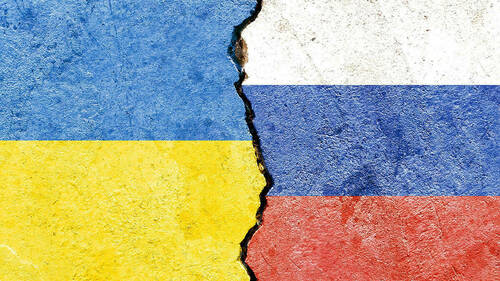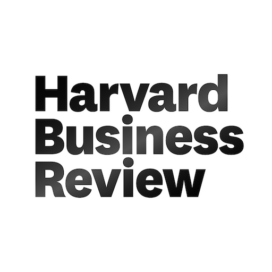Notre Dame experts weigh in on Russian invasion of Ukraine
Published: February 24, 2022 / Author: Shannon Roddel, Colleen Sharkey and Carrie Gates


Peter Kelly
Peter Kelly, assistant professor of finance at Notre Dame’s Mendoza College of Business, said we can look to history to help understand market uncertainty.
“During the Great Recession, panic ensued when Lehman collapsed — investors didn’t know who had exposure, direct or indirect,” he said. “Just like the banks were very interconnected, Russia is very interconnected with firms throughout the world. The consequences of Russia being cut off from the global financial system are unclear, and this uncertainty could prove disastrous.”
Kelly also noted that the uncertainty that comes with war plays a big role in investing.
“It is well-documented in the psychology literature that if an individual doesn’t feel competent at analyzing a situation, they will be ambiguity averse,” he said. “If investors don’t feel competent at analyzing the impact of the Russian invasion — and many investors may have already been negatively surprised by Russia’s actions — they may rush to safe assets that aren’t information sensitive like T-bills.”
Existing academic research shows that expected returns increase dramatically during financial crises, but do not seem to change nearly as much during war, he added.
“Therefore, if this war resembles wars of the past, it is not obvious that we should expect depressed asset prices offering high expected returns.”
Read other Notre Dame expert opinions in the full article here.
Related Stories




